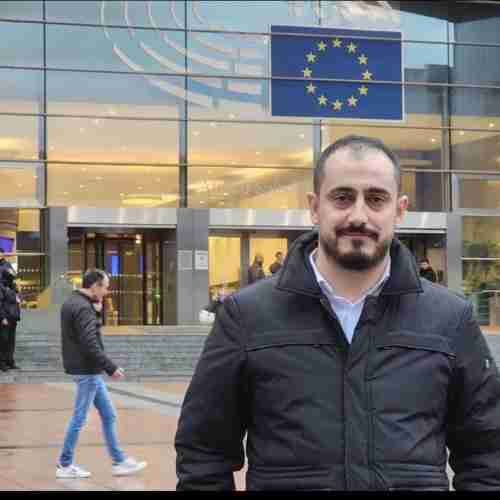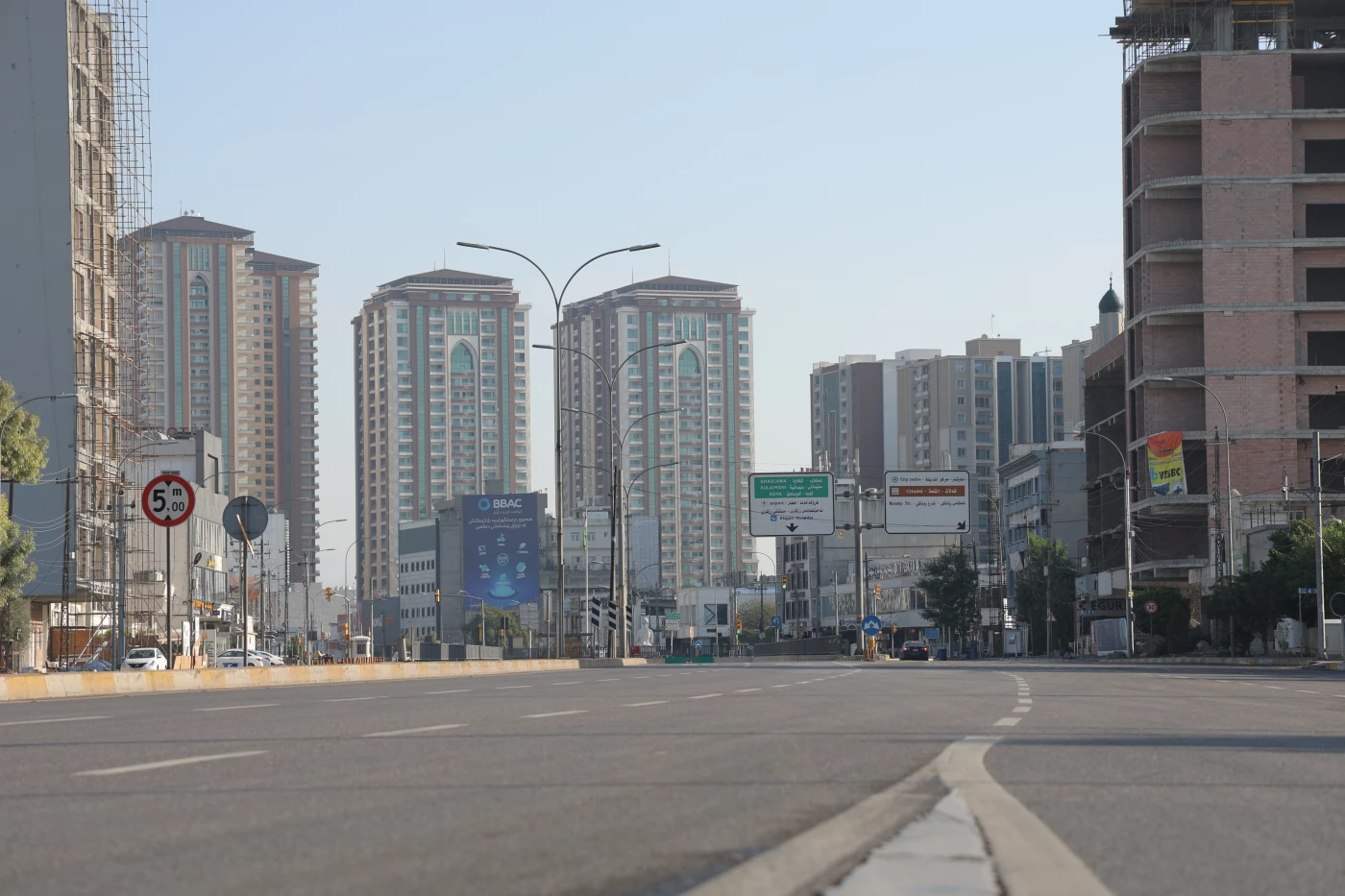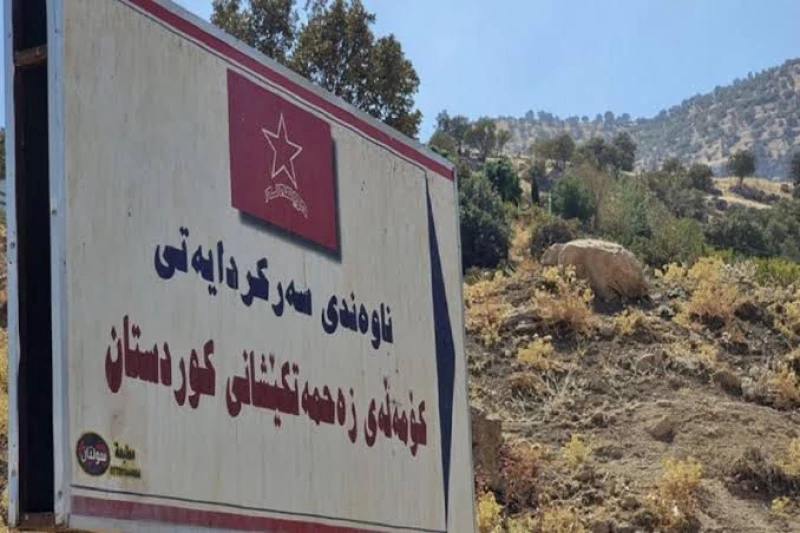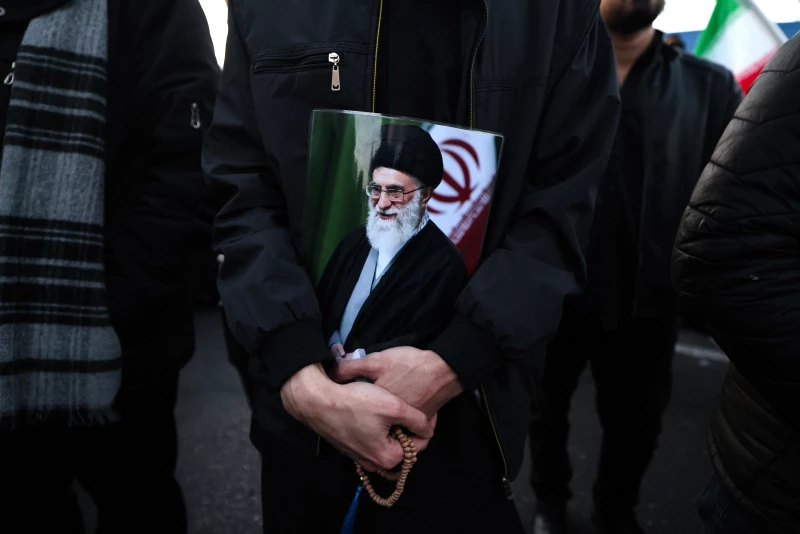ERBIL, Kurdistan Region of Iraq - A much-delayed nationwide population census began across Iraq on Wednesday, with authorities calling on people to cooperate for the success of the historical process, the first of its kind in nearly four decades.
It is the first census to have covered all 18 provinces since 1987 when former Iraqi dictator Saddam Hussein was in power, following repeated delays caused by years of war. A count in 1997 excluded the Kurdistan Region’s Erbil, Duhok, and Sulaimani provinces.
Prime Minister Mohammed Shia Al-Sudani was visited by enumerators on Wednesday morning at his residence in Baghdad, providing the required information regarding himself and his family.
Sudani stressed the need for "all citizens to cooperate with the mobile census teams, and to provide correct and accurate information, due to the importance of the resulting database, and its decisive role in development plans and service development,” read a statement from the prime minister’s media office.
A nationwide curfew during the general census has been imposed across all the provinces, starting from Wednesday 12:00 am until Friday 12:00 am.
During the census, families will have to stay at home so 120,000 enumerators can collect data directly from households.
The population census has run through two phases. The first phase of the process started on Saturday and ended on Tuesday, during which enumerators digitally recorded names of family members, dates of birth, relationships, and their genders. The second, and the major phase began on Wednesday. Enumerators since Wednesday morning have begun visiting households to verify the accuracy of the data collection and ask additional questions such as recent births or deaths. The entire census data are recorded based on the national identity card.
Preliminary results of the census are set to be announced within six weeks.
Unofficial figures put Iraq’s population at over 45 million.
Iraq had initially planned to conduct a population census in 2020 but was postponed due to the coronavirus.
Sudani hailed the role of relevant authorities "in the success of the census,” while calling on the public to not pay “attention to rumors that carry falsehood and misleading, and to efforts to thwart this constructive scientific step, and decisive for the future of our generations.”
The ethnicity question was a key problem between Erbil and Baghdad before conducting the population census. Following several protests, the Iraqi government in April decided to hold the census without surveying people on their ethnicities.
Yet, some Kurdish officials and Yazidi lawmakers repeatedly voiced concerns over the upcoming census, citing alleged attempts at demographic change in disputed areas such as Kirkuk and Sinjar.



 Facebook
Facebook
 LinkedIn
LinkedIn
 Telegram
Telegram
 X
X


